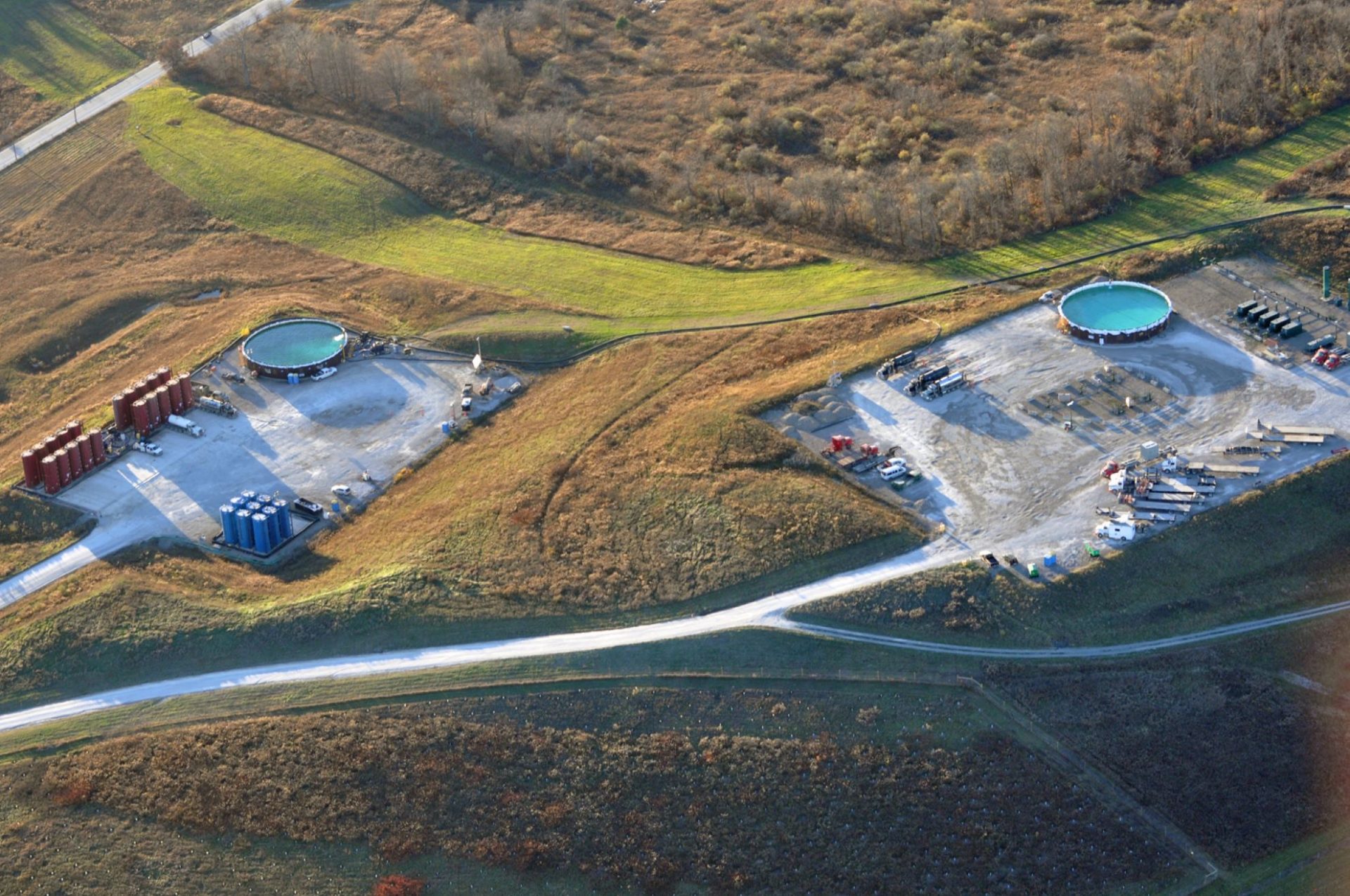Sanders’ Anti-Fracking Message is Resonating with Democrats
After Bernie Sanders’ defeat in the Pennsylvania primary this week, his odds of winning the Democratic nomination are slim. But no matter the outcome of the race, Sanders’ campaign has been successful in bringing attention to key issues, including fracking.
In fact, when Bernie Sanders spoke at a rally Monday in Pittsburgh, one of his biggest applause lines was on that very subject.
“If we are going to preserve clean drinking water in this country, we have got to end fracking,” he said.
LISTEN: “Your Environment Update for April 27, 2016”
Though Sanders’ bid for the nomination may ultimately fall short, a recent Gallup poll showed that 51 percent of Americans share his opposition to fracking.
This heartens Doug Shields, a former Pittsburgh city councilman who authored the city’s 2010 ban on fracking.
“When I speak about fracking, my audience is limited,” he says. But when Sanders speaks out on the issue, he says people take notice. “People start to pause and think about what exactly is going on.”
The call for a fracking ban may be gaining traction in the Democratic party. But it doesn’t sit well with Paulina Jaramillo, an energy policy expert at Carnegie Mellon University. She says that while there are serious environmental concerns with fracking, it’s also key to the Clean Power Plan—the EPA’s plan to lower greenhouse gas emissions in the U.S.
“That regulation relies heavily on the ability to use natural gas,” she says. As an energy source, natural gas produces about half the carbon dioxide emissions of coal.
Without a plan to replace the natural gas that fracking brings, Jaramillo says Sanders and other politicians who are pushing for a ban on fracking won’t be getting her vote.
Reporting by Reid Frazier
What’s the Best Way to Get Rid of Unused Medications?
In 2014, Americans filled 4.3 billion prescriptions, and many of those medications ended up going unused. But disposing of unused or expired medications—at least doing it the right way—isn’t all that straightforward.
Pittsburgh’s Erin Yourd has taken to keeping her extra meds in a bowl on her countertop she calls the “big bowl.” It’s positioned out of reach of her three-year-old son, the baby in her arms and the family dog. Her medications have ended up there mostly because she didn’t know what else to do with them. And she knew that flushing them down the toilet was definitely not a good idea.
“Toilets aren’t garbage disposals, they’re not trash cans—they’re toilets,” says Jeanne Clark, the public information officer for Allegheny County’s sewer authority. “[Medications] come through our system, and by and large, they will not be changed at all.”
As a result, researchers are finding a soup of pharmaceutical compounds in our national waterways.
So if flushing excess medication is out—and throwing meds in the trash could result in pharmaceuticals seeping into groundwater—what’s the best thing to do?
“The very safest thing we can do is encourage people to take them to a location where we are sure that they will be incinerated,” says Patricia Kroboth, Dean of the University of Pittsburgh’s School of Pharmacy.
As it turns out, National Drug Take-Back Day is coming up on April 30, and sites across the country will be accepting drugs. Or you can go online anytime and find a medication dropbox near you.
Reporting by Margaret J. Krauss


